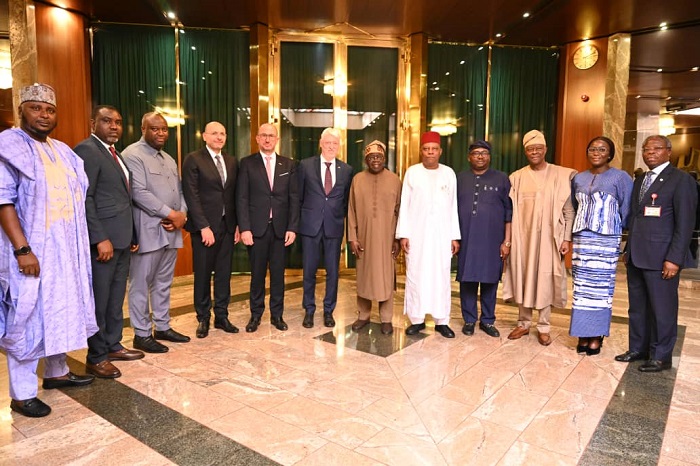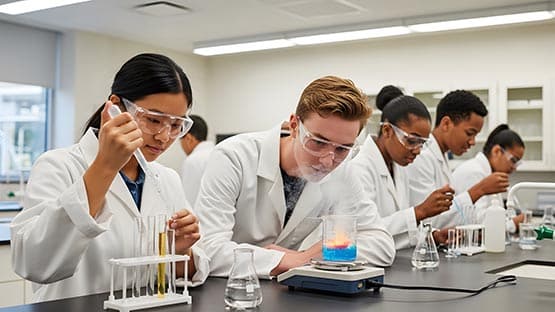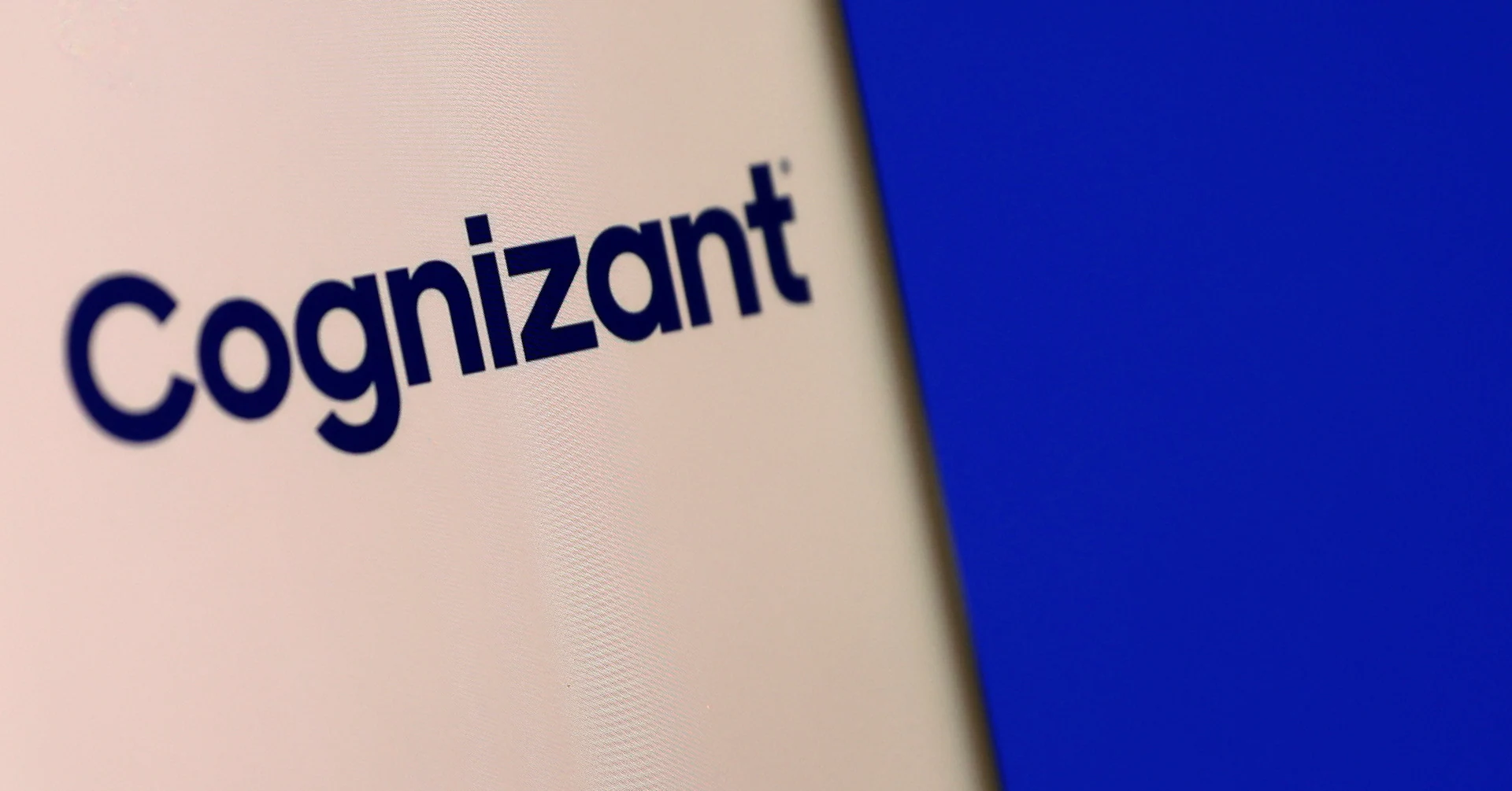Copyright thenationonlineng

President Bola Ahmed Tinubu has reaffirmed that his administration is taking the task of improving power supply “very seriously,” stressing that Nigeria’s economic growth, social development, and national competitiveness all hinge on a reliable electricity system. Speaking at a meeting with a visiting delegation from Siemens Energy on Monday at the State House, Abuja, the President said the Presidential Power Initiative (PPI) remains a priority because without steady power, the country cannot achieve its industrial, educational, healthcare, and transportation goals. “Our education, our healthcare, and our transportation all depend on energy, and without power, it is an impossible objective. We are taking it very seriously,” President Tinubu said, while assuring Siemens of the government’s full commitment to the project. In a statement issued by his Special Adviser on Information and Strategy Bayo Onanuga, President Tinubu said “there is no industrial growth or economic development without power. I believe that power is the most significant discovery of humanity in the last 1,000 years.” The President, who met with Siemens Energy’s Managing Director for the Middle East and Africa, Dietmar Siersdorfer, pledged that the Federal Government would continue to provide the resources required to accelerate the PPI. He emphasised that the phased completion of the project would position Nigeria as a continental leader, unlocking hidden potential across sectors. He also directed that major transformer substations under the initiative be expanded from two to three phases to boost national transmission capacity. “We want everyone to see the glory of our economic recovery and banishment of poverty,” he added. READ ALSO; Progressive governors laud Tinubu’s security overhaul Vice President Kashim Shettima, Minister of Finance and Coordinating Minister of the Economy, Wale Edun, Minister of Power Adebayo Adelabu, and Special Adviser on Energy Olu Verheijen were present at the meeting. In his briefing to the President, Minister Adelabu outlined progress made under the PPI, noting that the power sector had recorded critical milestones, including decentralisation, liberalisation, and the development of a National Integrated Electricity Policy— the first in 24 years. He said more than $2.2 billion in new investments had flowed into the sector as a result, activating 15 state electricity markets. He reported that since the Accelerated Agreement was signed at COP28 in Dubai in December 2023, Siemens Energy had delivered and commissioned 10 units of 132/33kV mobile substations, three units of 75/100MVA transformers, and seven units of 60/66MVA transformers nationwide. These installations have added 984MW of transmission capacity to the national grid, resulting in improved stability and reliability. Adelabu added that the Federal Executive Council had approved the Engineering, Procurement, and Construction (EPC) contract for the first batch of Phase One of the PPI, which covers the upgrade and commissioning of substations in Abeokuta, Offa, Ayede-Ibadan, Sokoto, and Onitsha. Civil works mobilisation and equipment manufacturing are underway, he said, with two of the five substations targeted for completion by the end of 2026. He disclosed that preparations were ongoing for Phase One–Batch Two, involving six brownfield and ten greenfield substations designed to deliver a cumulative impact of 4,104MW. Finance Minister Wale Edun told the President that a fully implemented PPI would improve the ease of doing business, create jobs for young Nigerians, and help reduce poverty. Siersdorfer, who led the Siemens delegation, confirmed that two substations under construction would be completed by December 2026. He said a training centre was being built to expand local capacity in electrical engineering, create jobs, enhance local content, and deepen technology transfer. “The PPI is not just a project but a platform for long-term development and prosperity,” he said, adding that the initiative would help transform Nigeria into a regional power hub and demonstrate the strength of German-Nigerian relations. He also noted that thousands of local jobs would be created through procurement, services, accommodation, and transportation linked to the ongoing works. A representative of the German Ambassador, Johannes Lehne, assured President Tinubu of continued support and partnership from the German government.



